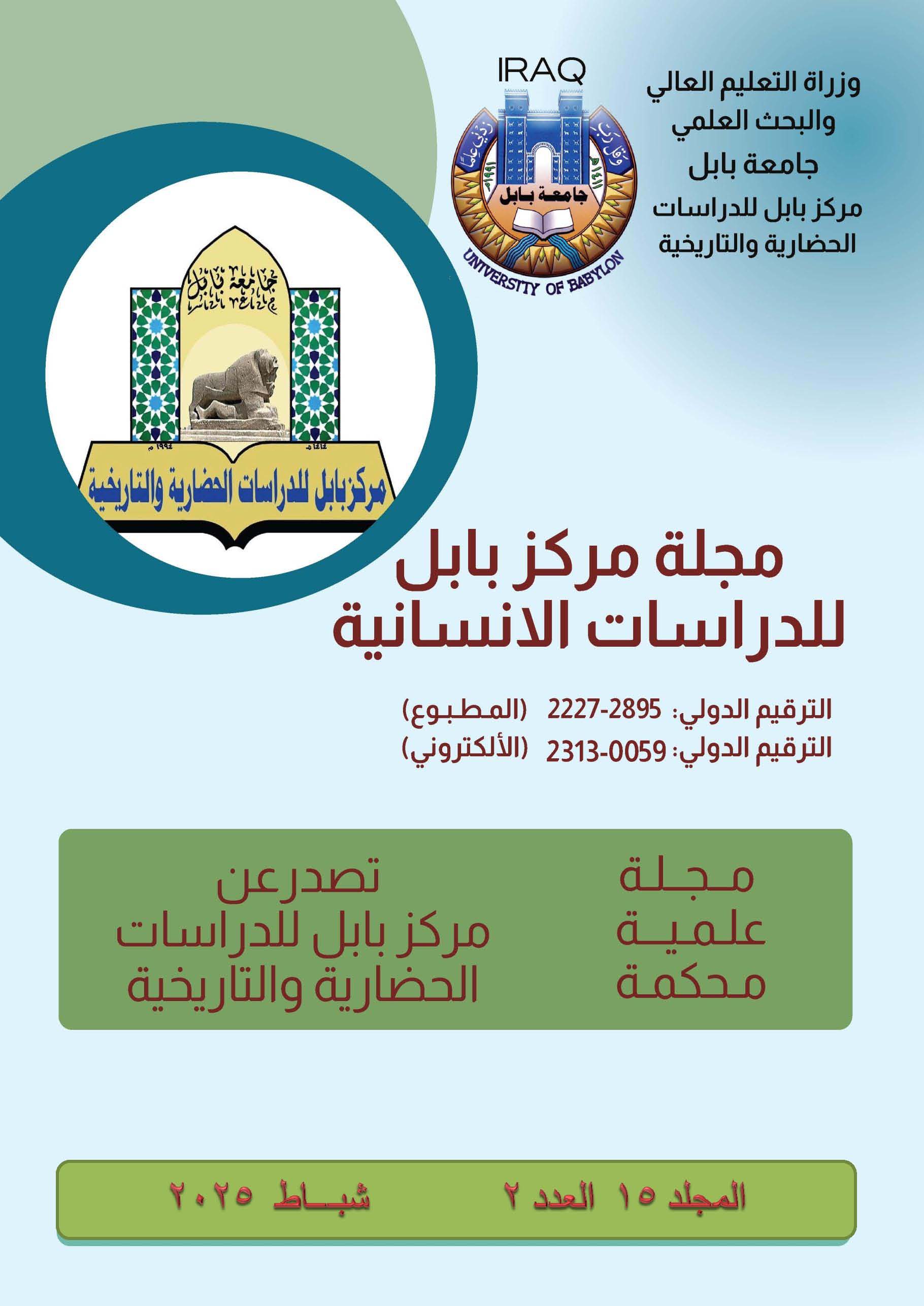The Effect of the Alternatives Strategy on Achievement in Curriculum and Textbook Material for the Second Stage in Colleges of Education
Keywords:
Alternatives Strategy, AchievementAbstract
The present research seeks to ascertain the impact of different strategies on the attainment of curriculum content and textbooks in colleges of education, leading to the formulation of the following hypothesis: There is no statistically significant difference at the 0.05 significance level between the average grades of the experimental group students, who study using the alternatives strategy, and the average grades of the control group students, who study in the conventional manner, in the academic achievement test for the curriculum subject and the textbook. To attain the research objective, the researchers employed both descriptive and experimental methods with partial control. The research sample comprised 108 male and female students from the Department of Educational and Psychological Sciences at the College of Education, University of Al-Qadisiyah. The experimental group consisted of 54 students who utilised the alternatives strategy, while the control group included 54 students who were instructed using the traditional method. The researchers were compensated based on the following variables: age, IQ, prior knowledge, and academic level. Following the comparison between the two research groups, the researchers formulated the application criteria, encompassing objectives, strategies, and testing protocols. Subsequent to conducting the trial, the researchers utilised their research instruments on the two study groups. The statistical analysis revealed that the experimental group, which utilised the alternative technique to study the scientific material, surpassed the control group, which studied the identical material by conventional methods, in the accomplishment test for the topic. Curriculum and educational materials







